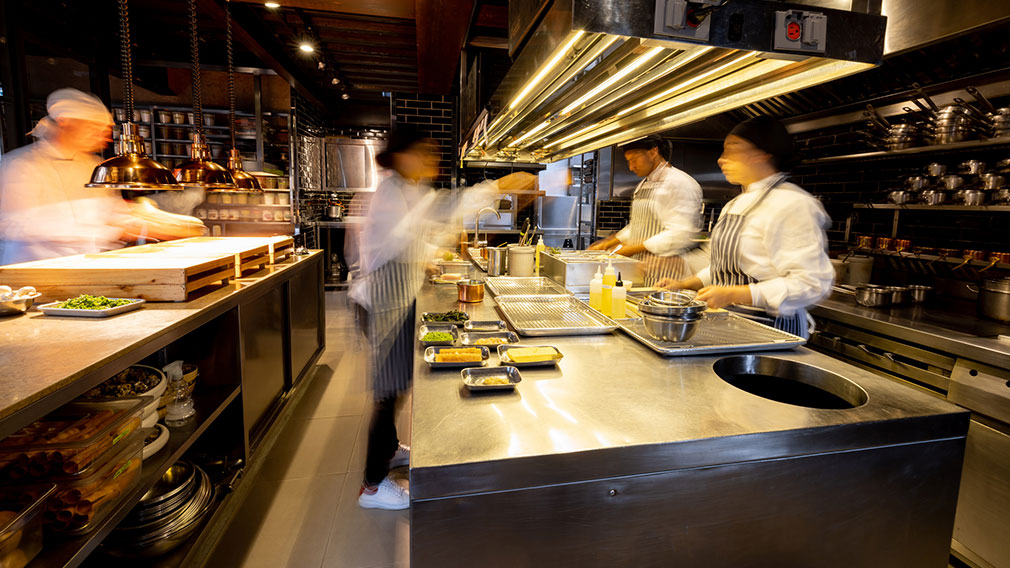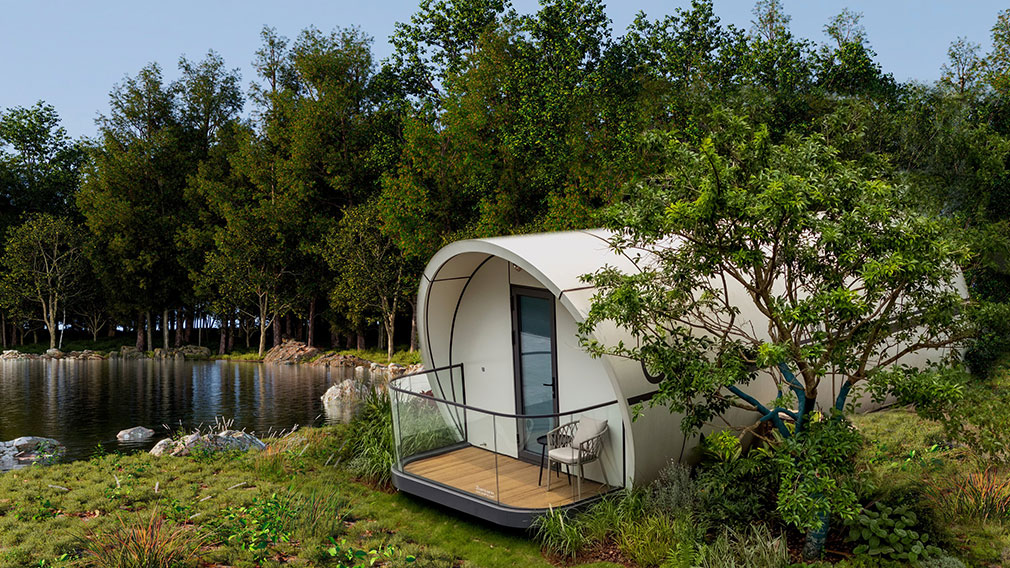A year on, businesses count COVID costs – and gains
A year on from the COVID-19 lockdowns, small businesses detail how they’ve fared and their views on the outlook. (Josh Wall)
Just when Manly Spirits Co founder David Whittaker thought he’d successfully “pivoted” his distillery when COVID-19 struck, it all came undone almost as fast.
“It went from boom to bust very quickly,” he says of his shift a year ago to manufacturing hand sanitiser instead of boutique gins, vodkas and whiskies.
“The imports (of hand sanitiser) came in from overseas and everyone had bought their stock and then suddenly nobody was buying anything.”
But despite the trying past year and recent vaccine rollout setbacks, Whitaker is upbeat about the future as the economic recovery continues to power ahead and the virus remains well contained. He’s one of several small businesses Westpac Wire reconnected with 12 months on from the first wave to see what unfolded and get a feel for confidence levels on the ground.
“Export markets are picking up, the vaccines are (progressing) in the US and the UK and others. So, I see us getting back to normal eventually, so it’s a pretty positive outlook,” says Whittaker, who co-founded Manly Spirits in 2017 with his wife, Vanessa Wilton.
The numbers tell a similar story.
In recent months, economic data has consistently surprised to the upside, just last week the official monthly employment figures beating expectations as more than 70,000 jobs were created and the unemployment rate falling to 5.6 per cent – far lower than almost all forecasts in the past year. In addition to total employment now exceeding pre-COVID levels, consumer spending is also holding strong, the Westpac Card Tracker Index, which is based on the millions of card transactions processed by the bank every day, implies annual growth in card activity is still running above the pace prior to the pandemic.
Meanwhile, business and consumer confidence is strong, the Westpac-Melbourne Institute Index of Consumer Sentiment last week hitting to an 11-year high, which chief economist Bill Evans labelled an “extraordinary” result.
However, headwinds remain for businesses in industries like tourism, hospitality and entertainment. In March, 29 per cent of businesses were still accessing support measures, according to the ABS, albeit down from almost three quarters in May 2020. Still, economists say the strength in the jobs market means the end of the JobKeeper wage subsidy scheme last month would be more of a temporary setback for the economy than a major blow, and even though the vaccine delays – the AstraZeneca jab is now not recommended for people aged under 50 – was a “setback”, optimism among households and businesses appeared resilient.
“There will be pockets of stress in some sectors, (but) the strong recovery in hours worked suggests that the labour market is in a much more robust position than we thought even just a month ago,” Westpac senior economist Justin Smirk said in a new report today.
Phil Goodwin, the owner of yoga and pilates business BidyMindLife, said while lockdowns and social distancing took a toll initially, their ability to still offer some classes online was a lifesaver and will remain a core part of their offering.
“Our pilates business is going extremely well (again now) because it involves physical equipment, so people have to come to the studio to do it. Whereas the Yoga business doesn't involve the physical equipment, it's much easier for people to do online.
“I'm confident the online side of things is here to stay, it’s super convenient for people, we’re getting so much good feedback.
“Our training business, our online business, our studio businesses, they all complement each other. So that's a really great thing.”
For other businesses, COVID proved a tailwind. One was Sydney retailer Flower Power, which owner John Sammut said experienced a boost last year and “it's continued on”.
“(People) were staying at home and looking at their houses and saying, ‘I'm going to do the things that I haven't been able to do over the last how many years’,” he says.
“We're still finding big increases in our business and we base that on the fact that a lot of people are still working from home, which gives them the opportunity to come to the store. It's a bit of relief, actually. It's a nice environment for people to walk around and shop.
“And we're in a really good position as far as the economy is concerned, so I think people will spend, they're spending with us now, so we just hope it continues.”




